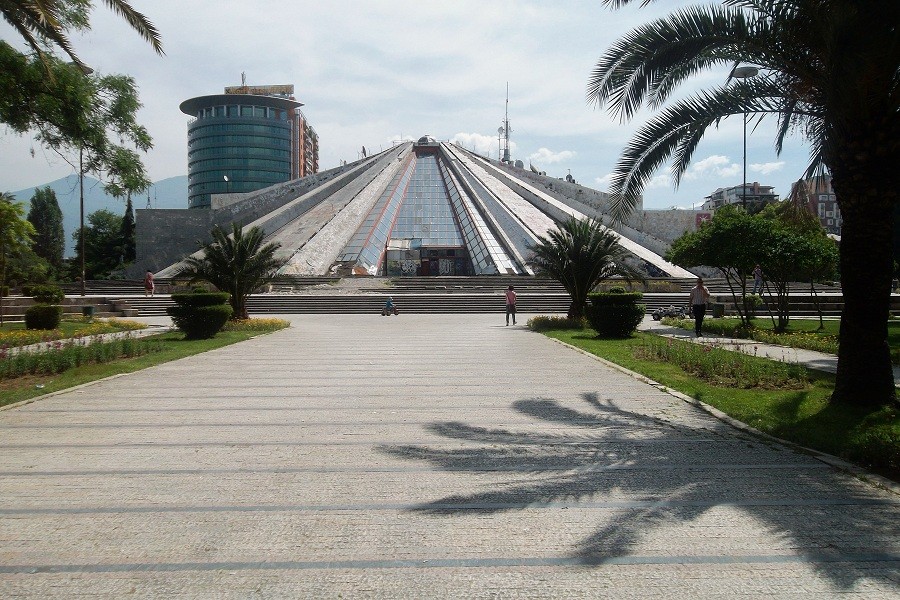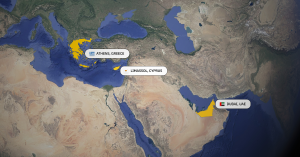For the last few years, Tirana-based software company division5 has been working on how to expand the innovation ecosystem in Albania, through several initiatives and collaborative projects aimed at filling the gaps between demand and supply in programming in the country.
Its latest project, a coding academy named KODO, aims to foster the programming community in Albania while providing young programmers with the opportunities to grow, strengthen and collaborate.
“We aim to build an innovation hub that not only helps to build the individual capacity of programmers, foster them to collaborate with relevant entities within the innovation ecosystem and jump to the regional and international market”, Lorena Gjana, KODO’s co-founder and CEO of division5, tells The Recursive.
The academy is the first of its kind in the country. However, there have been initiatives on opening coding academies and similar projects in Albania, with the most prominent one being the infamous Tirana pyramid, a decades-old communist monument which authorities are looking to restore, and then turn into a coding school.

What does the market need
The first pilot of the academy targets computer science graduates who want to learn more about one of the technologies which have been identified as the most sought after in the market. According to Gjana, the booming software development market has also stimulated the Albanian youth to seek more and more opportunities in this sector.
“However, the education system has found it difficult to keep up the speed. At the same time software development companies are growing more and more and they all are in high need of programmers. That is why ICT academies are not only seen as the only solution but they are a must to bridge freshly graduates to the labor market”, Gjana explains.
According to her, KODO has piloted the first three modules in 3 technologies that are the most sought after at the moment in the European market – ReactJS, Node.js, and Python.
The intensive courses which will last for three months will give each of the participants the opportunity to gain in-depth tech knowledge, but also work in teams for concrete projects.
The project is also supported by the EU for Innovation fund, which seeks to improve the innovative ecosystem and boost the creation of startups in Albania.
For Gjana and co-founder Engjell Rraklli, the idea for KODO came from the rapid changes in the ICT industry, which call for continuous expansion of skills. And the first 17 participants in the academy will be given the chance to do precisely this, Gjana notes.
“We aim to have graduates of the academy that are ready to be hired and get involved in complex projects. University graduates will have the opportunity to dive into projects with experienced programmers from the academy as well as be introduced to community events about knowledge sharing and getting to know other programmers”, Gjana tells The Recursive.
Next step: regional cooperation
Another goal for the project is to bring on board different forms of collaboration with software development companies that are in need of programmers, thus guaranteeing employment for the graduates of the academy.
As The Recursive reported earlier, Albania is one the countries with the biggest brain drain in the Western Balkans, but with lots of potential for developing a sustainable startup ecosystem.
According to Gjana, collaborations can also be on a regional level since KODO already had applications from students from neighboring Kosovo in the first round.
“If we want to grow the academy into an innovation hub, cooperation with different actors such as other academies and other companies on a regional level is a must. Exchange of experiences and bridging teams together from the Western Balkans is another plan for the future which we are already exploring”, Gjana concludes.








